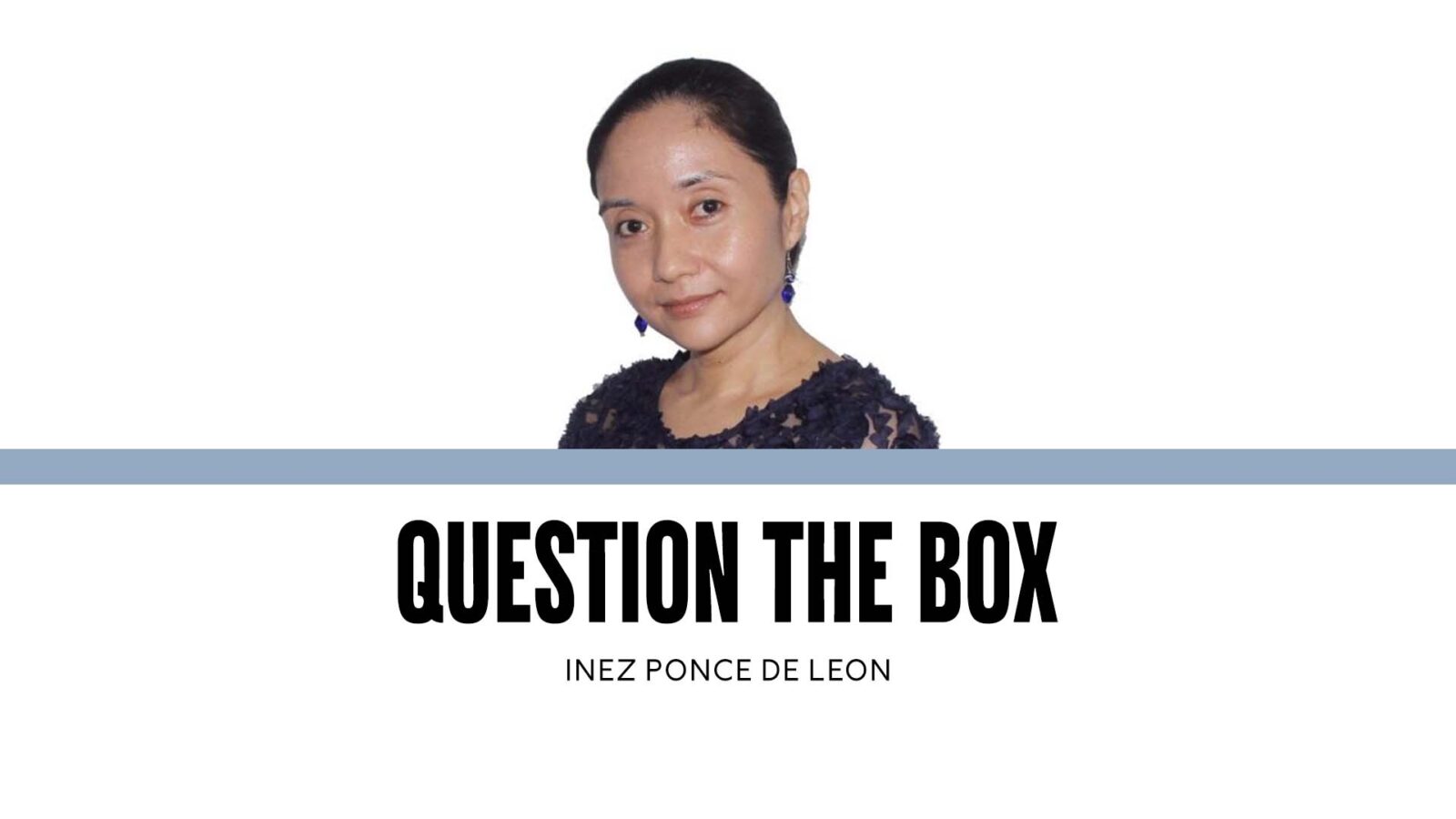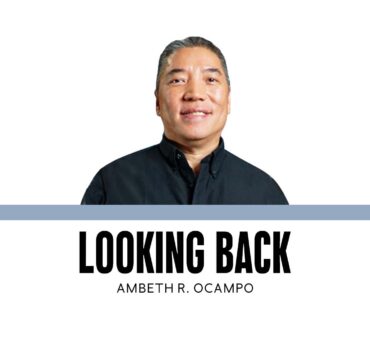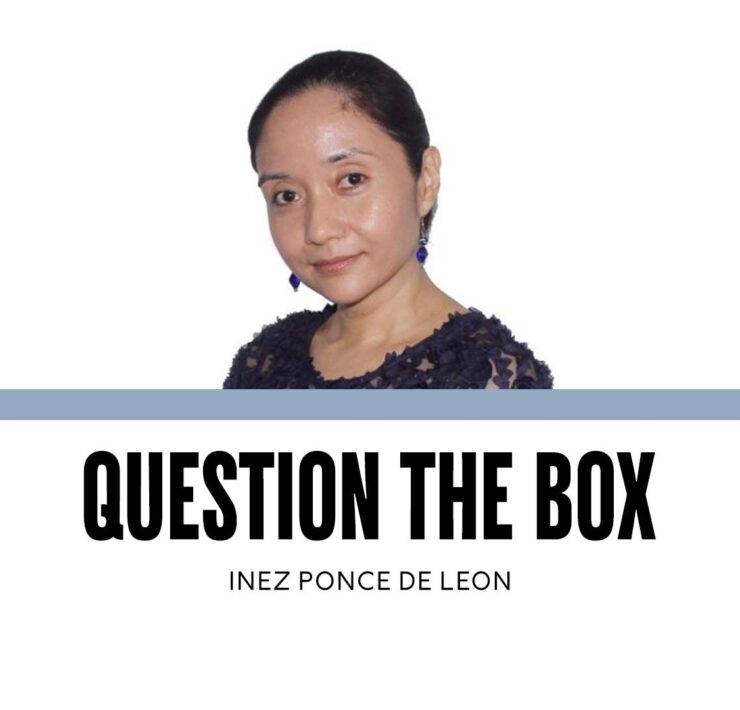Of protests and accountability

I was in elementary school when we had a string of failed attempts at overthrowing the government.
Classes were constantly called off. Work was disrupted. When we got back to school, we would discuss the events with our teachers. I studied at St. Scholastica’s College Manila, so our job wasn’t just to get back into the classroom but to understand the politics of that time.
Fluctuating economy. Revamped Cabinet. Coup d’état. The words from the newspaper clippings I collected and the essays we were made to write come back to me in blurs of memory—but something has always been clear since then.
March on the streets and overthrow the regime peacefully when the entire regime is rotten and corrupt, when cronies benefit while people starve (hence Edsa 1986). But if the problem is systemic, and if individuals must be held accountable for their corruption, then investigate and prosecute, because overthrowing them will be unproductive.
We had barely gotten out of the martial law years then, and the uphill climb to restore the country was made even more difficult by both unrest and opportunistic politicians. So to have coups that disrupted school and kept students from engaging in discussions that would help them learn? We grew exasperated, not emboldened.
The coups socialized many of us into a protest culture that was fierce but nuanced. We would protest, yes, but we would demand accountability. We would demand that leaders do what the Constitution mandated them to. We would demand that the people found at fault in any situation of wrongdoing, sin, and injustice face judgment.
The demand was not to replace one leader with another, or switch roles or seats, or tear down whole systems.
We would always demand justice. Transparency at the outset to ensure that all movements are above board. Accountability hangs over the head of every single person given power because they would have to face investigation at the slightest misstep.
Even Edsa 2001 began that way. We wanted the Senate to open the second envelope and air out the lies. We wanted a transparent government. While we cheered when the president back then resigned, we were uneasy because we didn’t know what the replacement would be like.
And boy, what a replacement we got. Cheating. Corruption. Scandals. To this day, many of us groan with voter remorse.
Again, we were reminded of the value of a long road of investigation rather than an easy regime change. That agonizing process of prosecution would keep screaming at us: vote for people who are actually public servants rather than for those seeking to be served by the public, or you will go through this torture again. We have been reminded, over and over, of the need for true leaders. And we have witnessed, over and over, the price of forgetfulness.
Today, there are more protests. For many of us, the principle remains: we want accountability. We don’t want to take away people in power. They have to remain where they are so that they can be held accountable for their sins while in office. They have to remain where they are because they have a job to do—and they had better do it, no matter how ashamed they are for getting caught.
So to be treated to spectacles of screeching family members who air out dirty linens? To be forced to participate in a drama between politicians whom we didn’t vote for—and then be told that we’re too silent and have to pick a side?
How. Cheap.
Any so-called revelations at this point are circus tactics meant to keep the corrupt in power. They reveal nothing about our leaders, but they do show what our leaders think of us: pawns easily manipulated by drama, swayed into silence so they can satisfy a government’s greed.
We are not asking for a leadership change. That absolves people of their responsibilities. That’s expensive for the country because we need our government to keep running. We need our government to show that it actually means to govern and knows how to do it. We need our government to actually govern rather than hide and hedge.
We are not asking for resignations and removals. We want leaders to take responsibility. It is a long and difficult road, but it is one of due process. Alice Guo, for instance, has already started collecting convictions. See what happens when the wheels of justice are given grease to turn?
We seek accountability, not destabilization. We don’t look up to people who abuse their power and use their grievances for their political agenda. We spit with disgust at accusations hidden behind verbosity and outbursts that strive to conceal shortcomings and even deeper corruption.
If these so-called leaders want to use politics as a platform for grandstanding, then they can join the local show business industry instead. I’m sure there will always be casting calls for the wicked witch, whether she’s trying to hang on to her youth by mere syringes or pretending to be Snow White.
For those of us who want to keep building the country, the protests will continue until the guilty are charged.
—————-
iponcedeleon@ateneo.edu


















Fortune favors the prepared